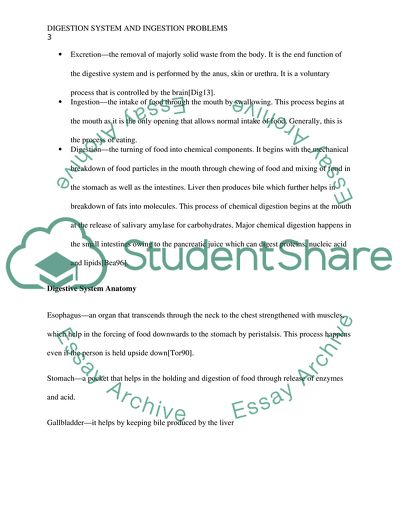Cite this document
(Digestion System and Subsequent Diseases and Problems Case Study, n.d.)
Digestion System and Subsequent Diseases and Problems Case Study. Retrieved from https://studentshare.org/biology/1877896-anatomy-physiology
Digestion System and Subsequent Diseases and Problems Case Study. Retrieved from https://studentshare.org/biology/1877896-anatomy-physiology
(Digestion System and Subsequent Diseases and Problems Case Study)
Digestion System and Subsequent Diseases and Problems Case Study. https://studentshare.org/biology/1877896-anatomy-physiology.
Digestion System and Subsequent Diseases and Problems Case Study. https://studentshare.org/biology/1877896-anatomy-physiology.
“Digestion System and Subsequent Diseases and Problems Case Study”, n.d. https://studentshare.org/biology/1877896-anatomy-physiology.


